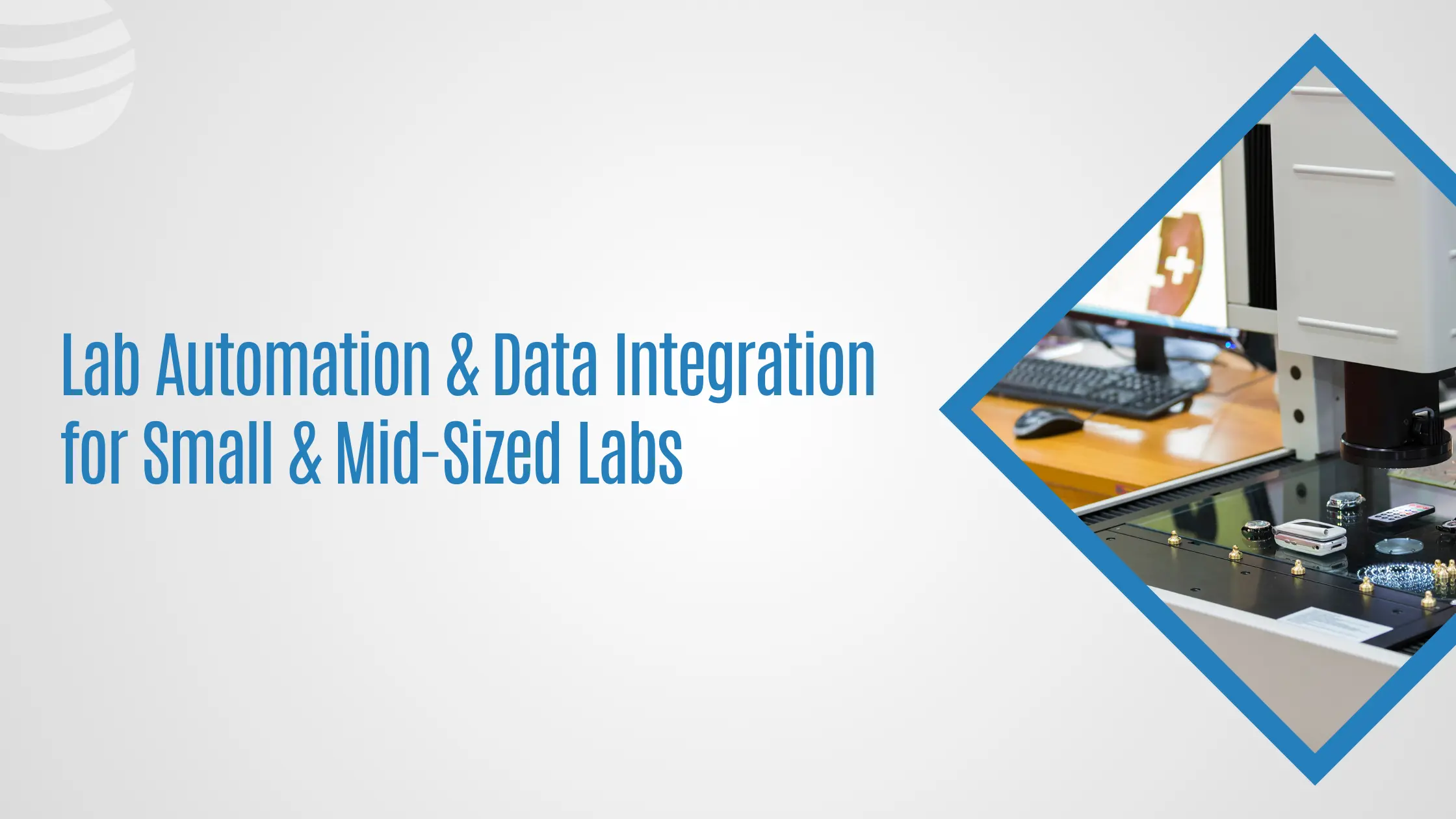-
Clinical Laboratory Information Systems:
Among the most common types of LIS is the Clinical Laboratory Information System. This type of LIS is designed to manage data related to patient samples and test results in clinical laboratory settings. Its primary function is to streamline workflows, enhance efficiency, and ensure the accuracy and reliability of test results. Clinical LIS typically include features such as sample tracking, result reporting, quality control monitoring, and interoperability with electronic health records (EHR). By integrating seamlessly with other healthcare systems, Clinical LIS enable healthcare providers to access patient data in real-time, facilitating timely diagnosis and treatment decisions.
-
Anatomic Pathology Laboratory Information Systems:
Anatomic Pathology Laboratory Information Systems are specialized LIS tailored to meet the unique needs of pathology laboratories. These systems are designed to manage data related to tissue samples, such as biopsies and surgical specimens. Anatomic Pathology LIS assist pathologists in tracking specimens, documenting findings, and generating pathology reports. They often include features such as specimen tracking, image management, digital pathology integration, and support for diagnostic reporting. By digitizing and automating pathology workflows, these systems help improve diagnostic accuracy, enhance laboratory efficiency, and support interdisciplinary collaboration in patient care.
-
Blood Bank Laboratory Information Systems:
Blood Bank Laboratory Information Systems are critical components of transfusion medicine, managing data related to blood products, donor information, and compatibility testing. These systems play a crucial role in ensuring the safety and availability of blood products for transfusion. Blood Bank LIS typically include features such as donor management, blood typing, cross-matching, inventory management, and transfusion tracking. By automating blood bank processes and ensuring compliance with regulatory standards, these systems help prevent transfusion errors, minimize wastage, and optimize blood product utilization.
-
Molecular Laboratory Information Systems:
Molecular Laboratory Information Systems are specialized LIS designed to manage data related to molecular testing, including genetic testing, molecular diagnostics, and sequencing. These systems support the analysis of genetic data, interpretation of results, and generation of molecular reports. Molecular LIS typically include features such as sample tracking, result analysis, variant interpretation, and integration with molecular instruments. By providing robust analytical capabilities and supporting personalized medicine initiatives, these systems empower laboratories to deliver targeted therapies and precision medicine approaches for patient care.
-
Microbiology Laboratory Information Systems:
Microbiology Laboratory Information Systems are tailored to meet the unique needs of microbiology laboratories, managing data related to cultures, sensitivity testing, and microbial identification. These systems facilitate the tracking of microbial specimens, automation of testing processes, and interpretation of microbiology results. Microbiology LIS typically include features such as culture management, antibiotic susceptibility testing, organism identification, and epidemiological surveillance. By supporting antimicrobial stewardship efforts and infection control measures, these systems help mitigate the spread of infectious diseases and improve patient outcomes.
-
Chemistry and Hematology Laboratory Information Systems:
Chemistry and Hematology Laboratory Information Systems are designed to manage data related to chemistry and hematology testing, including blood chemistry panels, complete blood counts (CBC), and coagulation tests. These systems automate the analysis of blood samples, interpretation of test results, and generation of hematology reports. Chemistry and Hematology LIS typically include features such as instrument interfacing, result validation, quality control monitoring, and instrument maintenance scheduling. By enhancing the efficiency and accuracy of laboratory testing processes, these systems contribute to timely diagnosis, monitoring, and management of various medical conditions.
-
Quality Control Laboratory Information Systems:
Quality Control Laboratory Information Systems focus on monitoring and managing the quality of laboratory testing processes. These systems track performance metrics, analyze trends, and ensure compliance with regulatory standards and accreditation requirements. Quality Control LIS typically include features such as proficiency testing management, instrument calibration tracking, corrective action tracking, and document control. By promoting a culture of quality and continuous improvement, these systems help laboratories maintain high standards of testing accuracy, reliability, and patient safety.
-
Research Laboratory Information Systems:
Research Laboratory Information Systems are tailored to support laboratory research activities, managing data related to experimental protocols, sample tracking, and research findings. These systems facilitate collaboration, data sharing, and analysis for research projects across various scientific disciplines. Research LIS typically include features such as experiment design, sample annotation, data visualization, and integration with bioinformatics tools. By providing researchers with robust analytical capabilities and data management tools, these systems accelerate the pace of scientific discovery and innovation.
Conclusion:
Laboratory Information Systems play a critical role in managing the complexities of modern laboratory operations across various healthcare domains. From clinical diagnostics to research endeavors, these systems empower laboratories to streamline workflows, enhance efficiency, and improve the quality of patient care. By understanding the diverse landscape of Laboratory Information Systems and their respective functionalities, healthcare organizations can make informed decisions regarding the selection, implementation, and optimization of LIS to meet their specific needs and objectives. As technology continues to evolve and healthcare delivery models advance, Laboratory Information Systems will remain indispensable tools in the pursuit of excellence in laboratory medicine and scientific research.




